The future of late-night host Jimmy Kimmel is uncertain following the suspension of his show, Jimmy Kimmel Live!, by ABC. The network’s decision comes in response to Kimmel’s comments regarding the assassination of conservative activist Charlie Kirk, which led numerous stations to announce they would not air the program. This move has sparked significant controversy, with implications for free speech and media influence in the United States.
ABC’s Decision and Regulatory Pressure
ABC suspended Kimmel’s show shortly after Nexstar Communications Group, a major broadcasting company, declared it would pull the program from its lineup starting Wednesday. Kimmel’s remarks, made during his broadcasts on Monday and Tuesday, suggested that “many in MAGA land” were exploiting Kirk’s death for political gain. The comments drew criticism from Brendan Carr, the chairman of the Federal Communications Commission (FCC), who labeled Kimmel’s statements as “truly sick.”
In a statement that underscored the regulatory environment surrounding media, Carr warned ABC of potential repercussions for airing Kimmel’s comments. This follows a pattern of Donald Trump exerting influence over media outlets through lawsuits and regulatory pressure, a tactic aimed at reshaping the American media landscape.
The suspension of Kimmel’s show reflects a broader debate about the limits of free speech and the power of political figures to influence media narratives. Trump publicly applauded ABC’s decision and called for the cancellation of additional shows that he deems inappropriate.
Background on Brendan Carr and Kimmel’s Suspension
Brendan Carr has been a prominent figure in media regulation since his appointment by Trump in November 2017. He has served as a longstanding member of the FCC, previously holding the position of general counsel. Carr’s unanimous Senate confirmations under both Trump and President Joe Biden showcase his established presence in regulatory affairs.
Kimmel, who has hosted Jimmy Kimmel Live! since its inception in 2003, has not issued a public statement regarding his suspension. The decision marks a significant moment in the ongoing discussion about the intersection of comedy, political commentary, and the media’s responsibilities in a polarized environment.
As the situation evolves, the implications for Kimmel’s career and the broader media landscape remain to be seen. The incident raises critical questions about the role of late-night television in reflecting and shaping public discourse, especially in a time of heightened political tension.
